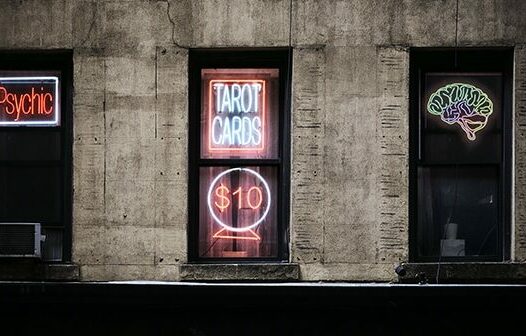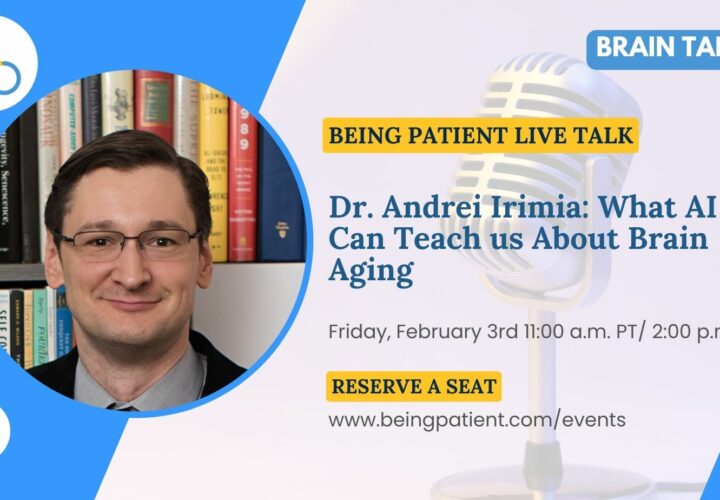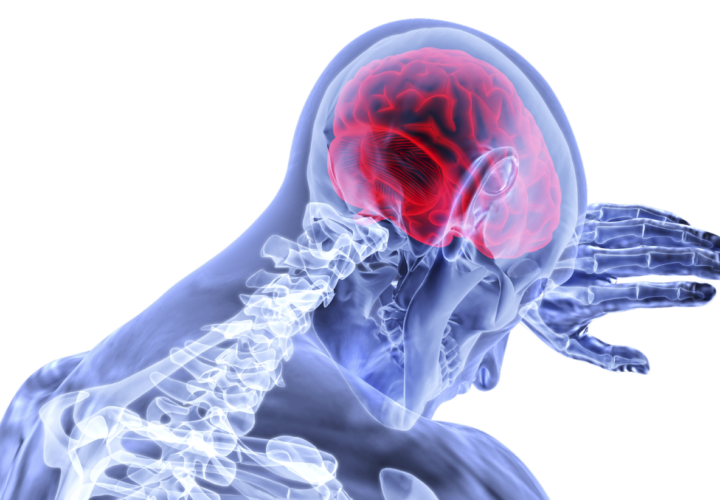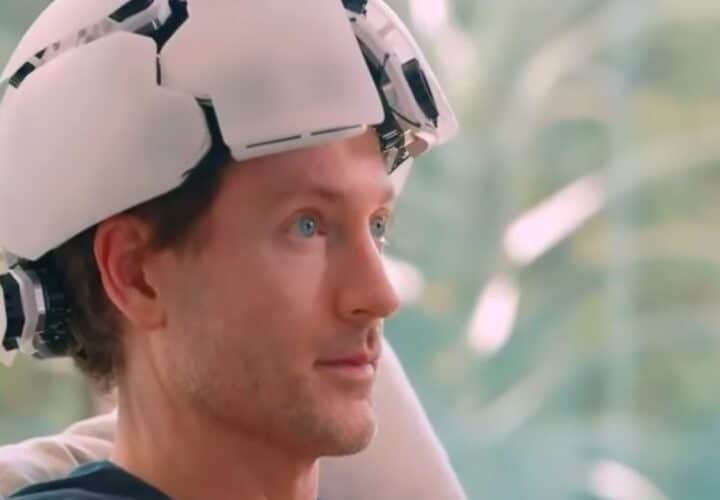Can you predict cognitive decline? Scientists are inching closer technologies to measure and score "brain age" and understand what it means for the future.
Everyone knows someone that looks substantially younger than their actual age. Take actor Keanu Reeves, for example. Some might say he looks about as youthful in the new John Wick 4 as he did three decades ago in Point Break. Neuroscientists are studying whether there’s a similar phenomenon with the brain: Combining brain imaging with machine learning algorithms, they’re studying “brain age” and what role it plays in human health and longevity.
In the past, scientists have used recordings of brain waves captured during sleep to try to calculate brain age. Neurotech company Kernel has developed a “mind-reading” helmet that they hope will be able to calculate brain age based on collected data. And now, researchers have developed a “brain age” scoring system they say can predict cognitive decline in healthy older adults. The scores, based on data from MRI scans, are referred to as “brain-predicted age difference” or “brain-PAD” scores.
Ian Harding, a senior research fellow at Monash University who led the study, and his colleagues scanned the brains of 746 healthy older individuals at the start of the study and three years later. The researchers also collected lifestyle information and tested cognitive function over five years, publishing the results in the journal Frontiers in Aging Neuroscience.
“Although the effects were still admittedly subtle, the message seems to be that we need to consider the whole person in the quest for predictive indicators of decline,” Harding told Being Patient.
Combining this data through machine learning helped calculate brain-PAD scores. The scores separated participants into two brain aging groups — resilient and advanced brain-PAD.
In terms of brain age, a person with mild cognitive impairment or Alzheimer’s appears to have an “older” brain than healthy older individuals.
“The hope is that lifestyle changes
could alter the trajectory of brain aging,
and in turn, the rate of cognitive decline,”
People in the resilient group had better physical health and were less likely to be obese, the research team found. Those in the advanced brain-PAD group had worse cardiovascular, physical, and cognitive health: These are all lifestyle factors that increase the risk of Alzheimer’s and dementia.
Harding’s team says a person’s brain-PAD score could indicate the need for science-backed lifestyle changes to help mitigate their risk factors and change their predicted trajectory.
“The hope is that lifestyle changes could alter the trajectory of brain aging, and in turn, the rate of cognitive decline,” he said. “You can’t make your brain younger though — only, potentially, slow its rate of decline.”
Harding and his colleagues used MRI scans as a key component of calculating brain age. But many Americans do not live close to a facility equipped with an MRI machine, and for those that do, getting the scan would be expensive.
“The images typically used to calculate brain age only take about five mins to acquire,” Harding said. “It’s expensive, but not outlandish.”
However, at this stage, Harding says, the evidence just isn’t there yet to support the idea that a brain-PAD score could dictate specific changes that need to be made.
The team will also need more research to predict the trajectory of cognitive decline for people with higher (worse) scores, he said. What the team found in this early study was that their brain age algorithm could only provide an accurate prediction for people within the resilient group. More work is needed to make these measures more accurate, Harding said.





